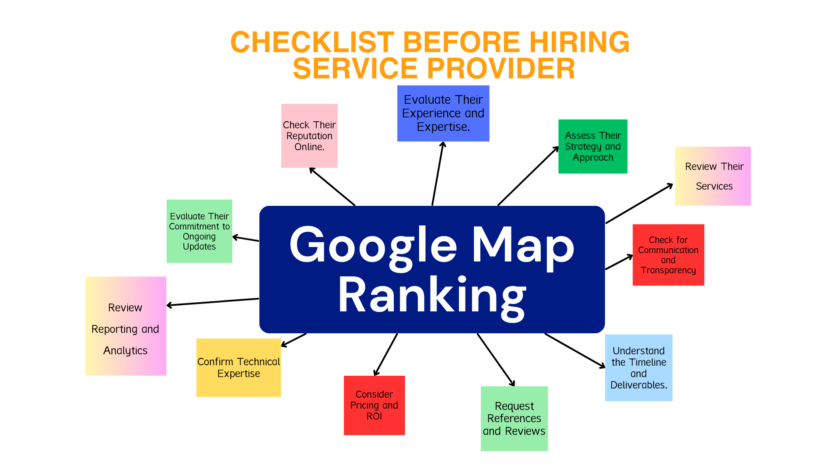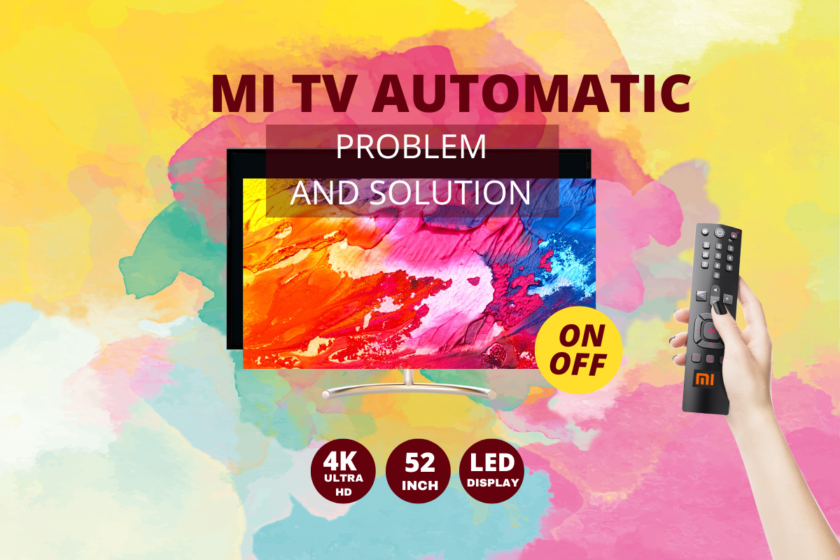
Get to know the best email manager for you.
Millions of messages are sent daily, so email is one of the most important tools, both professionally and personally when exchanging messages or files. If we want to choose the most appropriate email manager, you should have automatic filters that avoid spam or unwanted emails . In the same way it is important that you have good storage capacity and that you can synchronize with all your devices , as well as good access from your smartphone.
To find out what is the best one for you, we discover the 4 best email managers below.
Gmail
Gmail is the current leader as an electronic messaging service provider and the mail manager that comes from the factory on most Android devices. Google is behind and as features we emphasize that it has a powerful anti-spam filter, as well as a great integration with phones and tablets. A business level highlights that has special filtering options to mark the importance of the mail, which facilitates office work.
Outlook
An email that is used by a good number of corporations. You have almost unlimited document and file storage, calendar and calendar tool, as well as videoconferencing communication.
Reliability is beyond doubt and if you do not know, the current Outlook is earlier was Microsoft’s Hotmail login page, which has benefited from having a platform of greater stability and efficiency.
TypeApp
If you receive many mails, you have probably thought that you need an email manager that will help you keep your inbox in order. This manager is one of the best solutions that exist, because it is responsible for collecting all the emails received by a single sender, forming a single group, which you can later consult by scrolling laterally.
MailTime
Another new bet for all those who want to recover the customers who have made the decision to choose WhatsApp applications. In this case, there is a very interesting hybrid that is responsible for transforming conversations by email in an easy way in what would be an experience similar to instant messaging, but it also leaves the door open to be able to use it from the conventional way.
These four we think are the most interesting today, especially the first two are the most used by the general public and many companies. And which one do you opt for?


